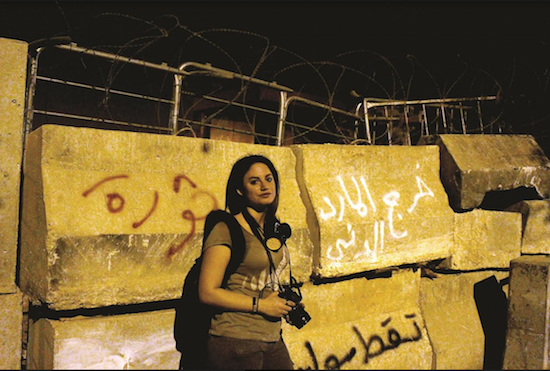Brooklyn journalist to publish ‘The Hostage’s Daughter: A Memoir of Family, Madness, and the Middle East’
Brooklyn BookBeat: Launch Event Slated for Oct. 4 at Brooklyn Brewery

The world has grown accustomed to the kidnapping of western journalists by militant groups, but when Associated Press reporter Terry Anderson was abducted by Shiite Muslims in Beirut in 1985 and held captive for 6 1/2 years, Americans were riveted by the story. Terry’s daughter, Sulome, born after he was taken hostage, did not meet her father until his 1991 release. The press painted a rosy picture of the homecoming — the image of the just-released hostage with his arm around a little girl in a red coat is one of the indelible news photos of the era.
Then the journalists and the cameras went away, and Sulome’s family tried to begin a normal life, but it was no fairytale ending. Terry’s PTSD plagued the household, destroying her parents’ marriage and leaving her with intractable psychological scars that would lead to long struggles with drug addiction and mental illness.

Brooklyn Boro
View MoreNew York City’s most populous borough, Brooklyn, is home to nearly 2.6 million residents. If Brooklyn were an independent city it would be the fourth largest city in the United States. While Brooklyn has become the epitome of ‘cool and hip’ in recent years, for those that were born here, raised families here and improved communities over the years, Brooklyn has never been ‘uncool’.